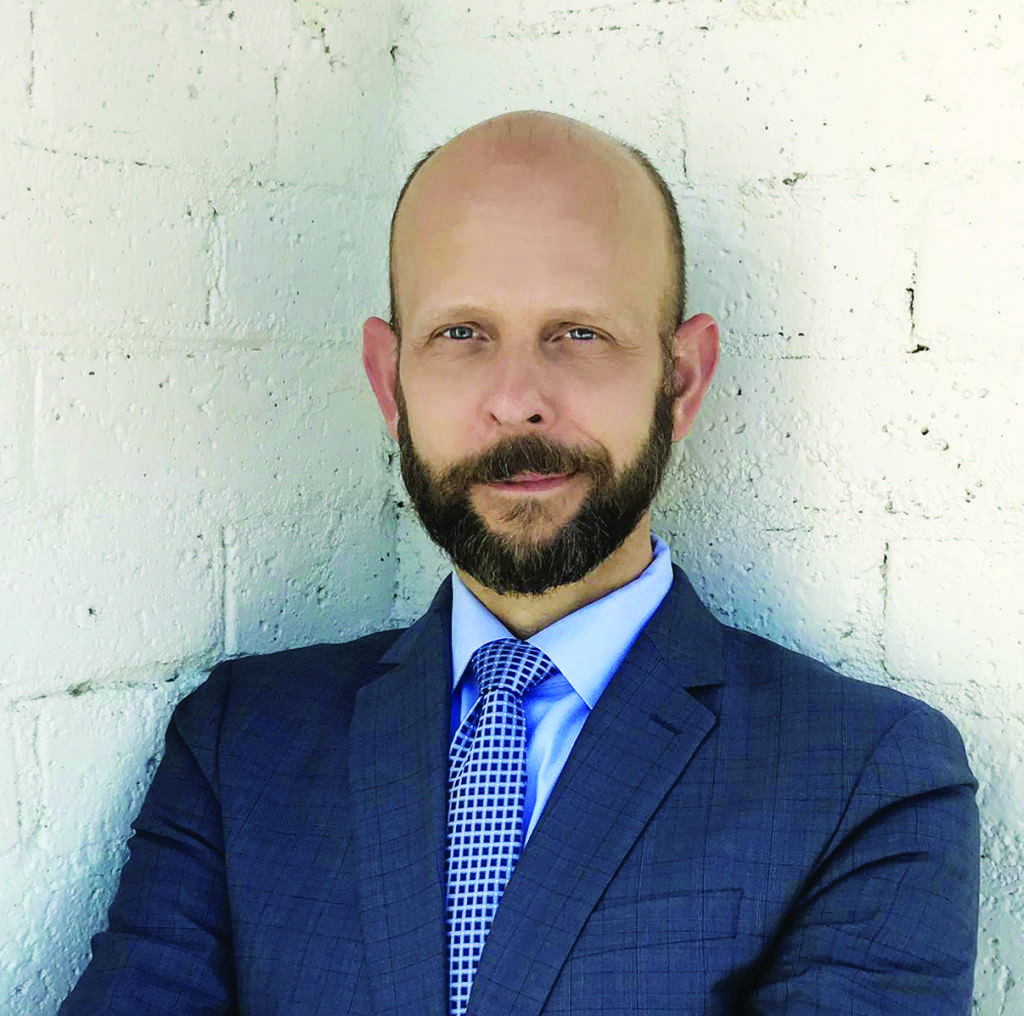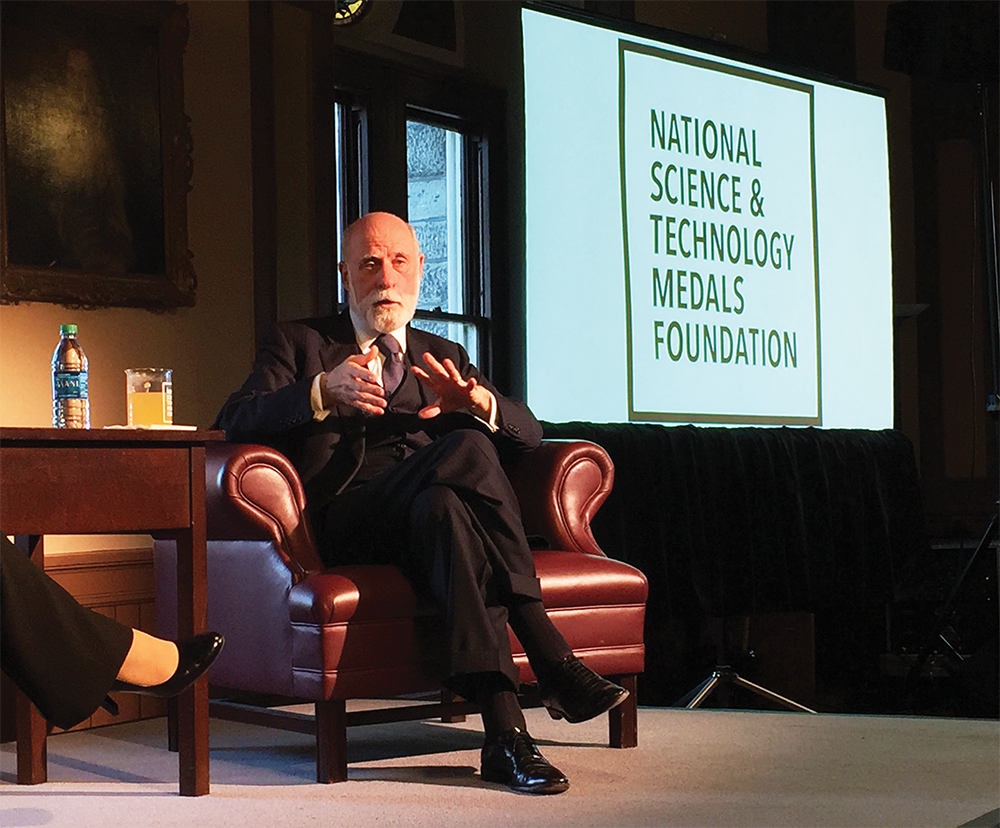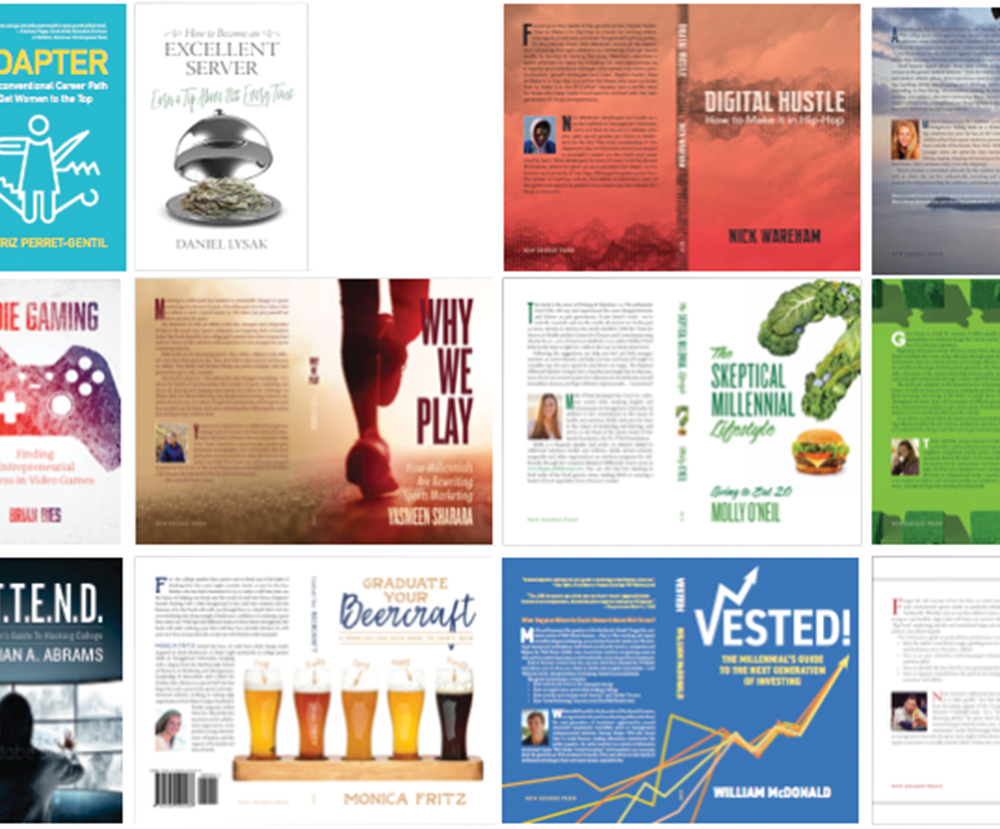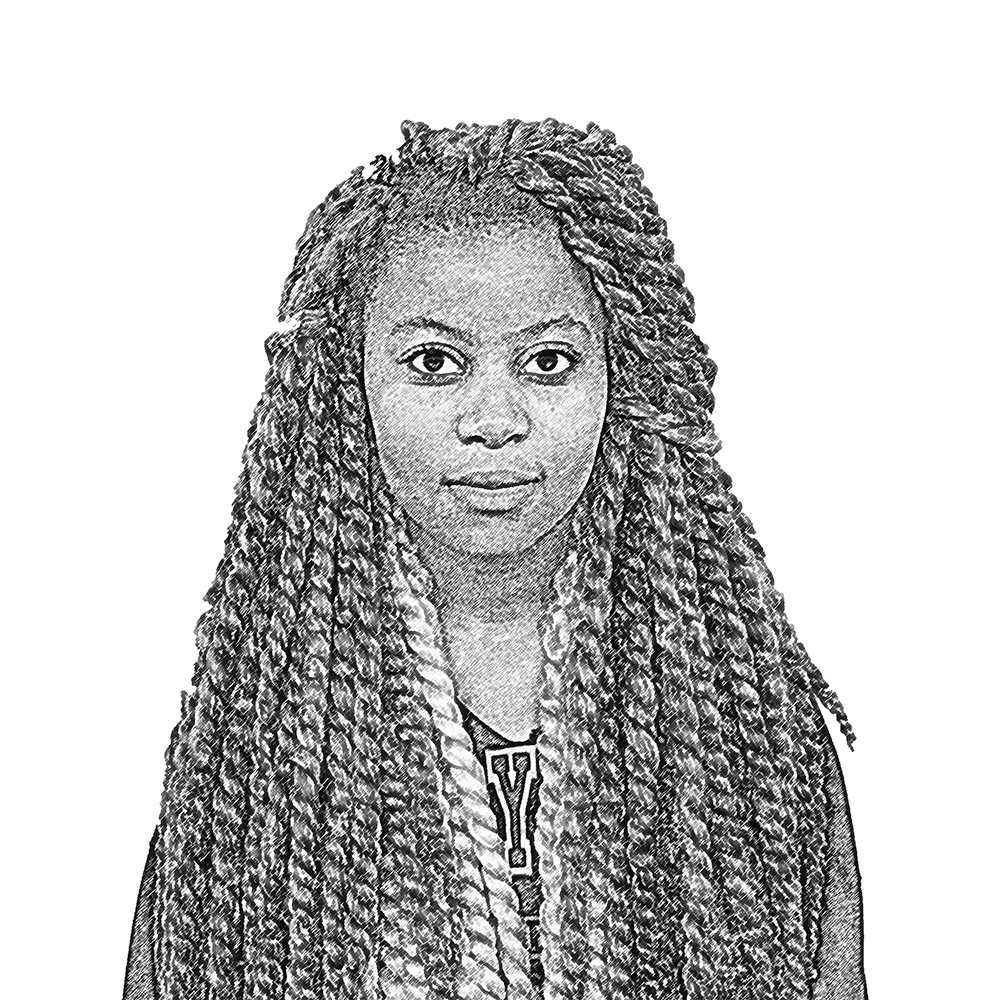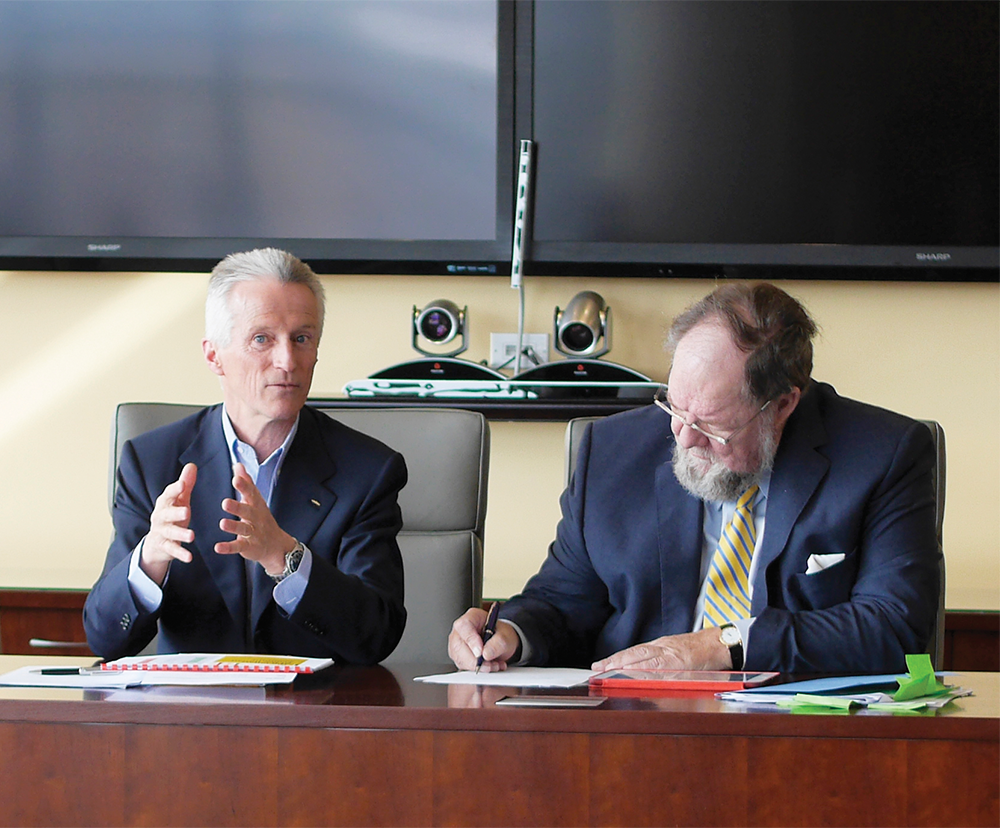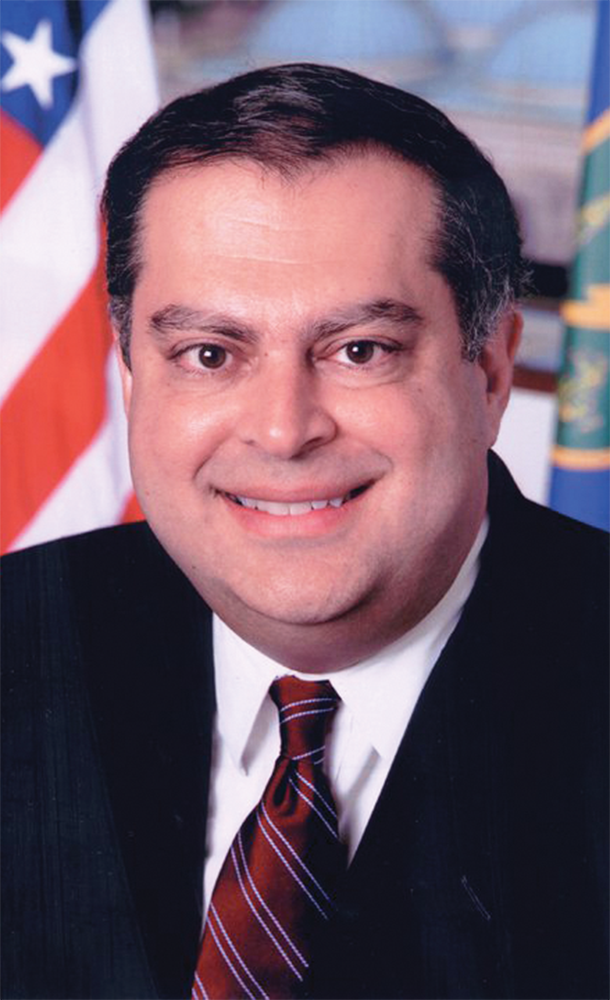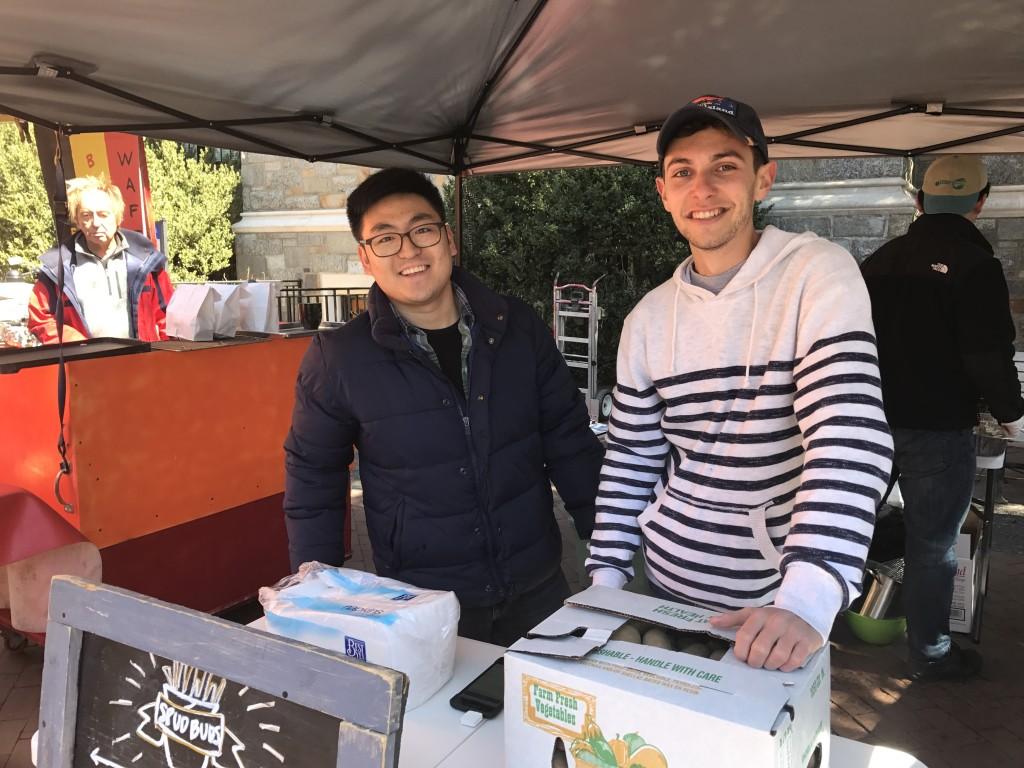
A panel of commentators discussed issues of working-class Americans for a crowd of about 60 spectators at a panel event Tuesday, stressing solidarity to heal national divides.
The Catholic teaching of solidarity is essential in addressing the societal neglect of working class families, according to a panel of commentators, labor leaders and Catholic advocates for working-class families at an event on Tuesday.
“[Solidarity] is one of the fundamentals of our social doctrine — the fact that we are all in this together, the concept of a common good. I think that concept more than anything is under assault,” said Rev. Clete Kiley, a Catholic priest of the Archdiocese of Chicago and a visiting fellow at the Institute for Policy Research and Catholic Studies at the Catholic University of America. “We live in a culture that is very consumerist. It’s an exaggerated kind of individualism.”
Hosted by the Initiative on Catholic Social Thought and Public Life in the Intercultural Center, the event also featured Tim Carney, senior political columnist for The Washington Post and visiting fellow at the American Enterprise Institute; Thomas Frank, an American political analyst and author; Bill Fletcher, a senior scholar at the Institute for Policy Studies; and Kiley.
John Carr, director of the Initiative on Catholic Social Thought and Public Life, served as the moderator.
Carney began the discussion by citing examples of economic inequality in the United States today.
“The fact is that inequality, by many measures, is rising,” Carney said. “You have the stock market hitting record highs; you have corporate profits hitting record high, yet you have media wages stagnating.”
Frank suggested that, despite the Democratic Party’s claims of promoting equality, it actually represents the interests of a “professional class.”
“This isn’t the party of working people, regardless of the nice things that Hillary Clinton says from time to time. This is a party that identifies with the professional class,” Frank said. “When I say that they are a party of the professional class, I mean this in almost a 19th century way … The Democratic Party acts as the agent of this class of people.”
Fletcher employed a metaphor of the RMS Titanic in an attempt to offer a more realistic portrayal of the state of racial division and quality in America.
“There is a current that exists, particularly among white progressives, that a rising tide raises all boats,” Fletcher said. “The better metaphor is the Titanic … Many of us have been living in steerage, and, when the ship is going down, there are some of us who are going to die — it is the way the system is built. In order to have solidarity, the people that are in steerage cannot feel like the people in the upper decks are basically saying, ‘Stuff happens, too bad.’”
Instead, Fletcher suggested that solidarity has to be achieved through empathy and effort among different economic classes and racial groups.
“Economic unity alone is not enough. We have to engage in a fight to break that racial differential, otherwise there is no hope,” Fletcher said. “But I am convinced that it can and will be done, and some of that I saw in the excitement around Black Lives Matter and in the excitement around the [Bernie] Sanders campaign.”
About 60 people attended the event, which was entitled, “Left Behind: Working Class Families and Communities.” The event was co-sponsored by the Kalmanovitz Initiative for Labor and the Working Poor and the Baker Center for Leadership and Governance at the Institute of Politics and Public Service at the McCourt School of Public Policy.
Esmeralda Huerta (SFS ’17), viceroy of the Georgetown Solidarity Committee, said she enjoyed the dialogue but had some reservations about the viewpoints of most of the speakers.
“I was a little bit disappointed that the speakers weren’t a little bit more radical,” Huerta said. “I do think they tended to take a very white working class perspective on this … I really enjoyed Bill Fletcher,.He did a great job of explaining how capitalism has disenfranchised working class people — poor people of color the most.”


